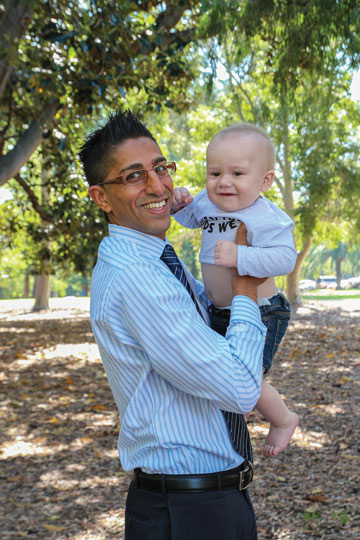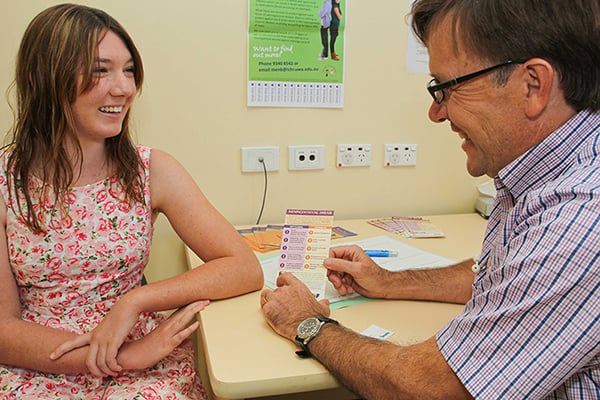Search
Showing results for "clinical trials"

News & Events
Drug find could represent big win for our little patientsDr Rishi Kotecha knows too well the devastation of a leukaemia diagnosis in a child, treating children as a consultant at Princess Margaret Hospital.
Research
Validating the rett syndrome gross motor scaleThe Rett Syndrome Gross Motor Scale could be an appropriate measure of gross motor skills in clinical practice and clinical trials

The year that was 2024!
Research
Skin health situational analysis to inform skin disease control programs for the KimberleyAsha Bowen BA MBBS DCH FRACP PhD GAICD FAHMS OAM Head, Healthy Skin and ARF Prevention Head, Healthy Skin and ARF Prevention Areas of expertise: Skin
Research
Parent-Child Interactions May Help to Explain Relations Between Parent Characteristics and Clinically Observed Child Autistic BehavioursThe importance of supporting parent-child interactions has been noted in the context of prodromal autism, but little consideration has been given to the possible contributing role of parental characteristics, such as psychological distress. This cross-sectional study tested models in which parent-child interaction variables mediated relations between parent characteristics and child autistic behaviour in a sample of families whose infant demonstrated early signs of autism.
Research
Koorlungkas yarning: Exploring the impact of OM on early language and communication skills in urban Aboriginal familiesDeborah Peter Lehmann Richmond AO, MBBS, MSc MBBS MRCP(UK) FRACP Honorary Emeritus Fellow Head, Vaccine Trials Group Honorary Emeritus Fellow Head,

Research
Meningococcal DiseaseMeningococcal disease is caused by the bacteria Neisseria meningitidis, or 'meningococcus'. It is an uncommon but very serious disease that can result in death if not recognised and treated quickly.
Research
Pre-exposure prophylaxis for HIV prevention during pregnancy and lactation: forget not the women and childrenThe framework for appropriately identifying and managing at-risk pregnant and lactating women requiring PrEP is poorly defined
Research
Clinical utility of preoperative pulmonary function testing in pediatricsPerioperative respiratory adverse events pose a significant risk in pediatric anesthesia, and identifying these risks is vital. Traditionally, this is assessed using history and examination. However, the perioperative risk is multifactorial, and children with complex medical backgrounds such as chronic lung disease or obesity may benefit from additional objective preoperative pulmonary function tests.
Research
FeBRILe3– Fever, Blood cultures and Readiness for discharge in Infants Less than 3 months’ oldTom Snelling BMBS DTMH GDipClinEpid PhD FRACP Head, Infectious Disease Implementation Research 08 6319 1817 tom.snelling@thekids.org.au Head,
